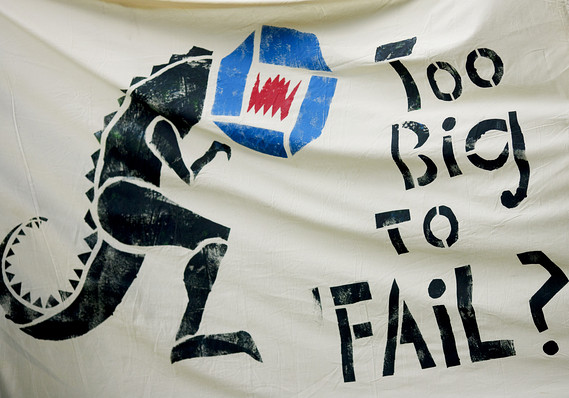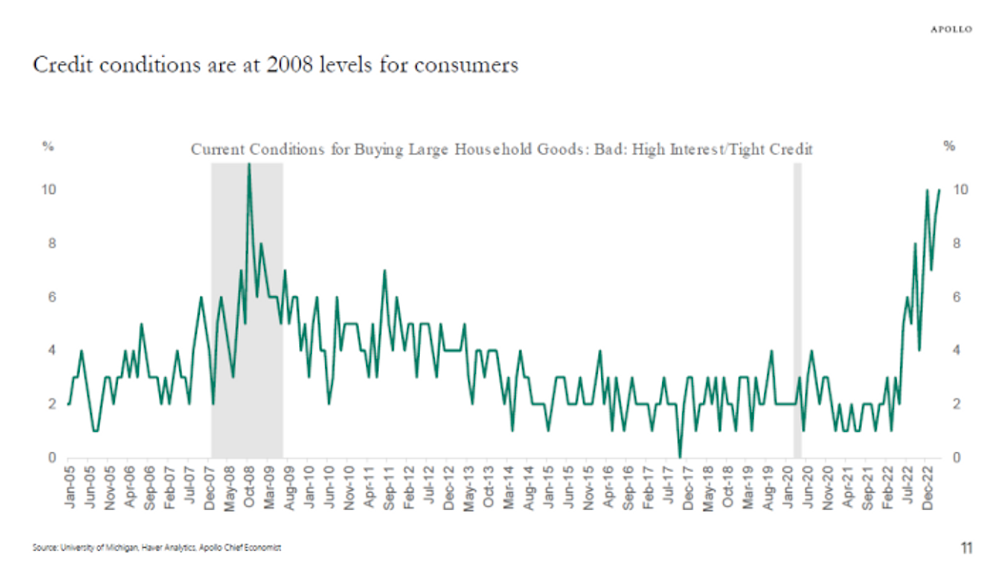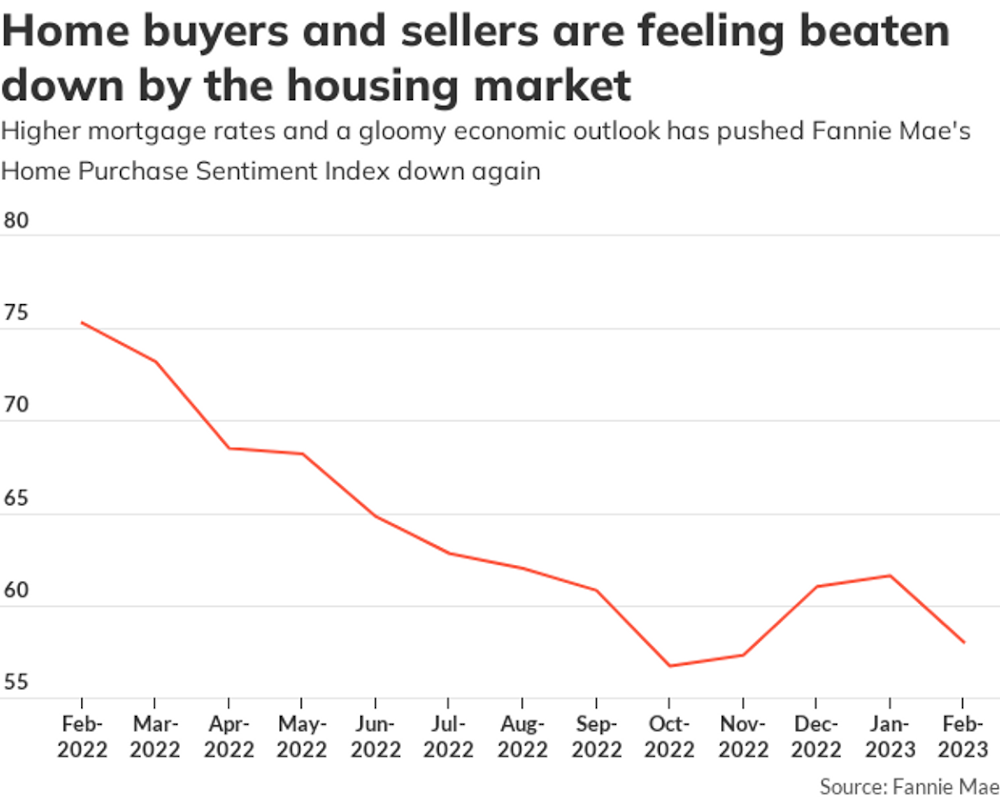The Federal Reserve moved day to strengthen the ability of the largest
banks to withstand periods of market stress, pushing them to hold additional
levels of safe assets to fund their operations
The proposal outlined by Fed officials goes beyond international agreements, requiring the largest banks to hold enough safe assets--such as cash or those easily convertible to cash--to fund their operations for 30 days if other sources of funding aren’t available
The rules are intended to prevent a repeat of the 2008 financial crisis, when financial markets froze due to a lack of liquidity
The proposal would ensure banks had access to cash and other assets in times of market dislocation
“Liquidity is essential to a bank’s viability and central to the smooth functioning of the financial system,” Fed Chairman Ben Bernanke said in prepared remarks
The Fed proposal goes beyond those agreed to by global regulators, reflecting an ongoing concern in the U.S. that large, complex banks still pose an outsized risk to the financial system The proposal has a narrower definition of what qualifies as a “high-quality” asset, and makes more conservative assumptions about the amount of cash needed at each bank
It also calls for U.S. banks to fully meet the new requirements by 2017, two years earlier than the standard agreed to by international officials on the Basel Committee on Banking Supervision
“This rule would help ensure that the liquidity positions of our banking firms do not weaken as memories of the crisis fade,” Fed Gov. Daniel Tarullo said in prepared remarks
The proposal outlined by Fed officials goes beyond international agreements, requiring the largest banks to hold enough safe assets--such as cash or those easily convertible to cash--to fund their operations for 30 days if other sources of funding aren’t available
The rules are intended to prevent a repeat of the 2008 financial crisis, when financial markets froze due to a lack of liquidity
The proposal would ensure banks had access to cash and other assets in times of market dislocation
“Liquidity is essential to a bank’s viability and central to the smooth functioning of the financial system,” Fed Chairman Ben Bernanke said in prepared remarks
The Fed proposal goes beyond those agreed to by global regulators, reflecting an ongoing concern in the U.S. that large, complex banks still pose an outsized risk to the financial system The proposal has a narrower definition of what qualifies as a “high-quality” asset, and makes more conservative assumptions about the amount of cash needed at each bank
It also calls for U.S. banks to fully meet the new requirements by 2017, two years earlier than the standard agreed to by international officials on the Basel Committee on Banking Supervision
“This rule would help ensure that the liquidity positions of our banking firms do not weaken as memories of the crisis fade,” Fed Gov. Daniel Tarullo said in prepared remarks




















1 comentario:
WASHINGTON (MarketWatch) -- Sen. Rand Paul, a Republican from Kentucky, has threatened to try to block the confirmation of Janet Yellen to replace Ben Bernanke as head of the Federal Reserve, according to a report on CNBC. The threatened hold means that Yellen would need 60 votes on the Senate floor on a cloture motion to break that hold. The Senate Banking Committee must first hold hearings on Yellen's nomination, and recent reports have suggested those will come in mid-November. There will be 55 Democrats in the Senate and 43 Republicans. In addition, there are two independents who caucus with the Democrats. The CNBC report, citing a source close to Paul, said the senator wants to force a vote on his bill that would open up Fed policy deliberations to audits by the Government Accountability Office. His father, Ron Paul, a retired Republican congressman from Texas, tried to pass similar legislation but was never able to overcome Fed objections. The U.S. central bank has argued that such audits would amount to political interference in rate decisions.
Publicar un comentario